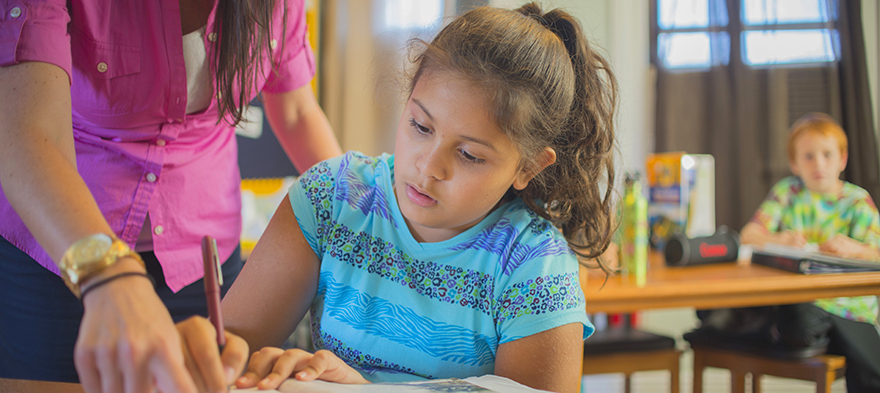
Sep 22, 2016 12:00:00 AM
Michael J. Petrilli served at the U.S. Department of Education in the George W. Bush Administration. He is also president of the Thomas B. Fordham Institute, a research fellow at Stanford University's Hoover Institution and the executive editor of Education Next. An award-winning writer, Petrilli is also the author of The Diverse Schools Dilemma and editor of Education for Upward Mobility. He has published opinion pieces in the New York Times, Washington Post, Wall Street Journal, Bloomberg View and Slate, and appears frequently on television and radio. Petrilli helped to create the U.S. Department of Education’s Office of Innovation and Improvement, the Policy Innovators in Education Network, and, long, long ago, Young Education Professionals. He serves on the advisory boards of the Association of American Educators, MDRC, and the Texas Institute for Education Reform. Petrilli lives with his family in Bethesda, Maryland.
Few issues in education spark more tension and debate than standardized testing. Are they a tool for equity or a burden on students? A necessary check on school systems or a flawed measure of...
Charter schools are public schools with a purpose. Operating independently from traditional school districts, they're tuition-free, open to all students, and publicly funded—but with more flexibility...
Despite the benefits of a diverse teaching force, prospective teachers of color fall out of our leaky preparation pipeline at every stage: preparation, hiring, induction, and retention. Here’s what...
Ed Post is the flagship website platform of brightbeam, a 501(c3) network of education activists and influencers demanding a better education and a brighter future for every child.
© 2020-2025 brightbeam. All rights reserved.
Leave a Comment